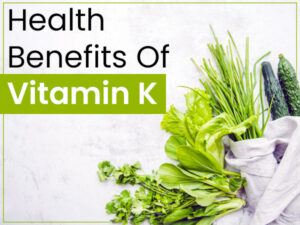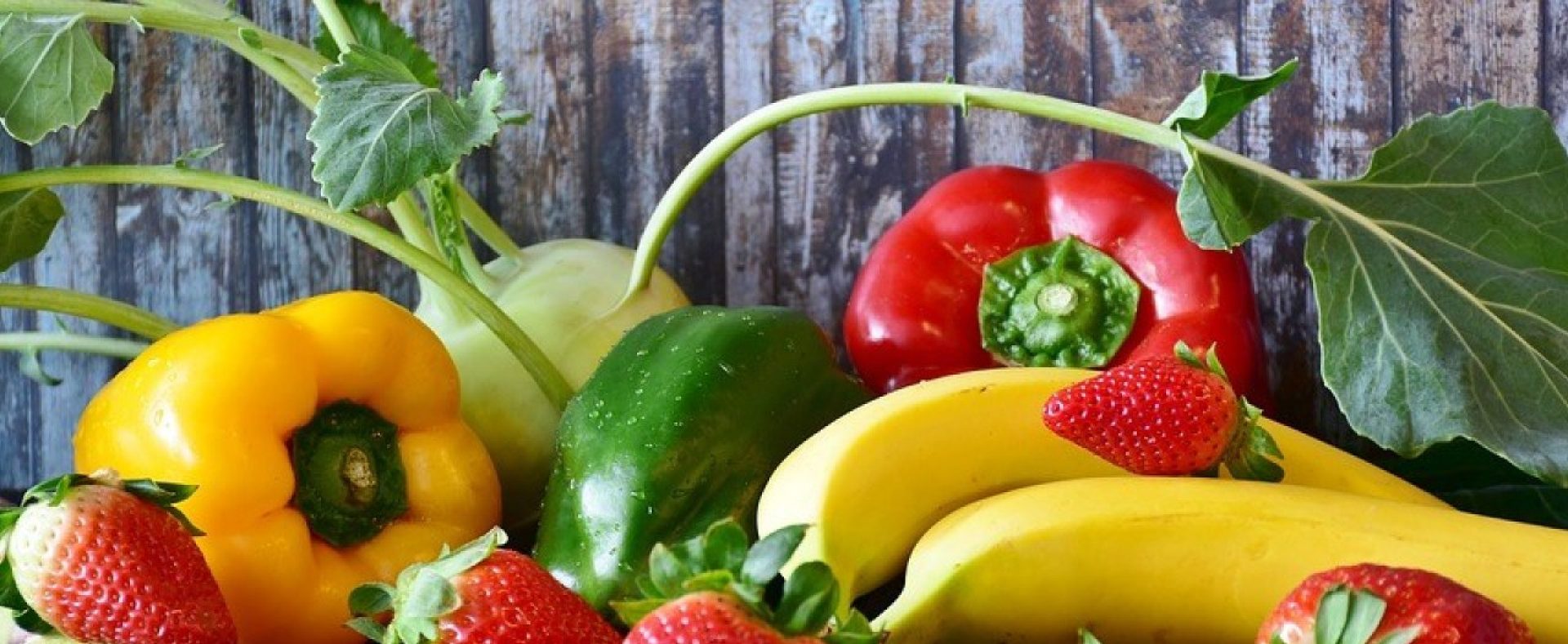
Some vitamins like Vitamin C, need little explanation.
But what about Vitamin K? Although it is a vitamin that is a little less discussed, it is an absolutely crucial nutrient. Indeed, increasing amounts of research are confirming just how important it is with regard to our heart and bone health and how many of us could be lacking this important nutrient.
Vitamin K explained:
Much like Vitamin D, vitamin K is a fat soluble vitamin. This means that it does not dissolve in water, and can be found in the highest levels in high fat foods. Fat soluble vitamins are also known to be better absorbed when you eat them with fat.
There are different types within the group of K vitamins, with common ones being K2 and K1. A lot of research is focusing on K2 as a superior source, and this variety is found in animal – sourced foods and fermented soy products. The K 1 form, on the other hand, is found mainly in plant foods.
Uses of Vitamin K:
Vitamin K is required for wound healing and to help with blood clotting, while also being known to be critical for keeping both our bones and our hearts healthy, not to mention supporting the immune system.
Looking in greater detail at this, Vitamin K helps move calcium into your bones, which we need to keep them strong. This also has an effect on the heart, as it ensures the calcium goes to the right place – the bones – rather than ending up in your blood vessels, which can lead to calcification – and in turn, raise your risk of heart problems.
In terms of knowing if you could be lacking, there are some common signs; deficiency can lead to bleeding problems, including heavy periods, and bruising. People known to be at increased risk of deficiency include vegans, both the younger and older generation, and post – menopausal women.
Food sources of Vitamin K:
- Vitamin K 1is found in some foods, mainly green leafy vegetables, such as broccoli and spinach, and cereal grains.
- Vitamin K 2 in small amounts, can be found in meat and dairy foods, and is also found in fermented products such as kefir, eggs, chickpeas and soyabeans.
- A daily value of 120 micrograms prevents deficiency.
- Natto, a Japanese dish made from fermented soyabean is the richest source of Vitamin K2 available.
- Cheeses both hard and soft are rich in Vitamin K2.
Liver, soyabean oil, pork chops, chicken, pate, egg yolks are good sources of Vitamin K.
Other vegetables and fruits high in this vitamin include spinach, prunes, green beans, kiwi, avocado, cooked green peas, beet greens, parsley and cabbage.
All the best and happy healing from Naturally Dimpi!

